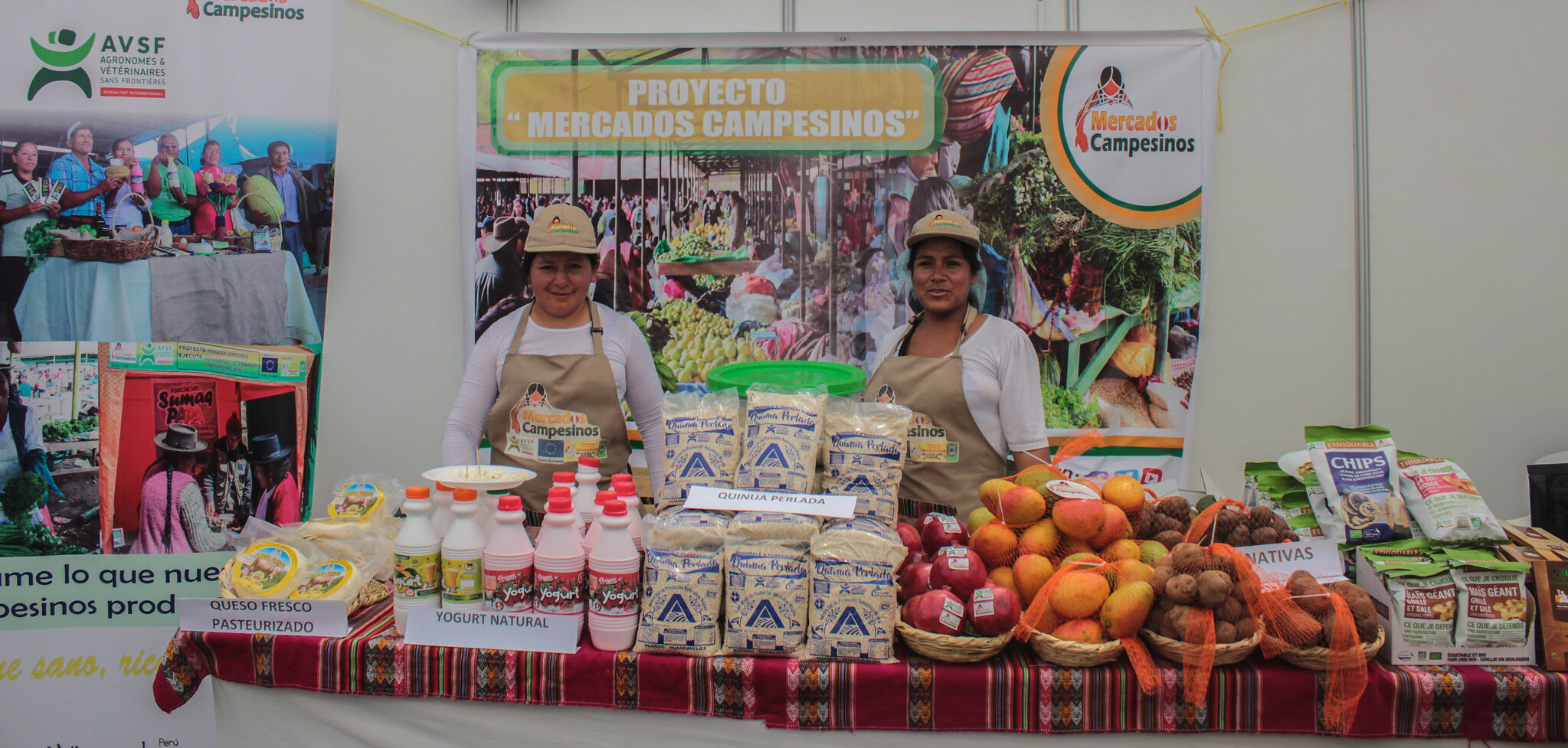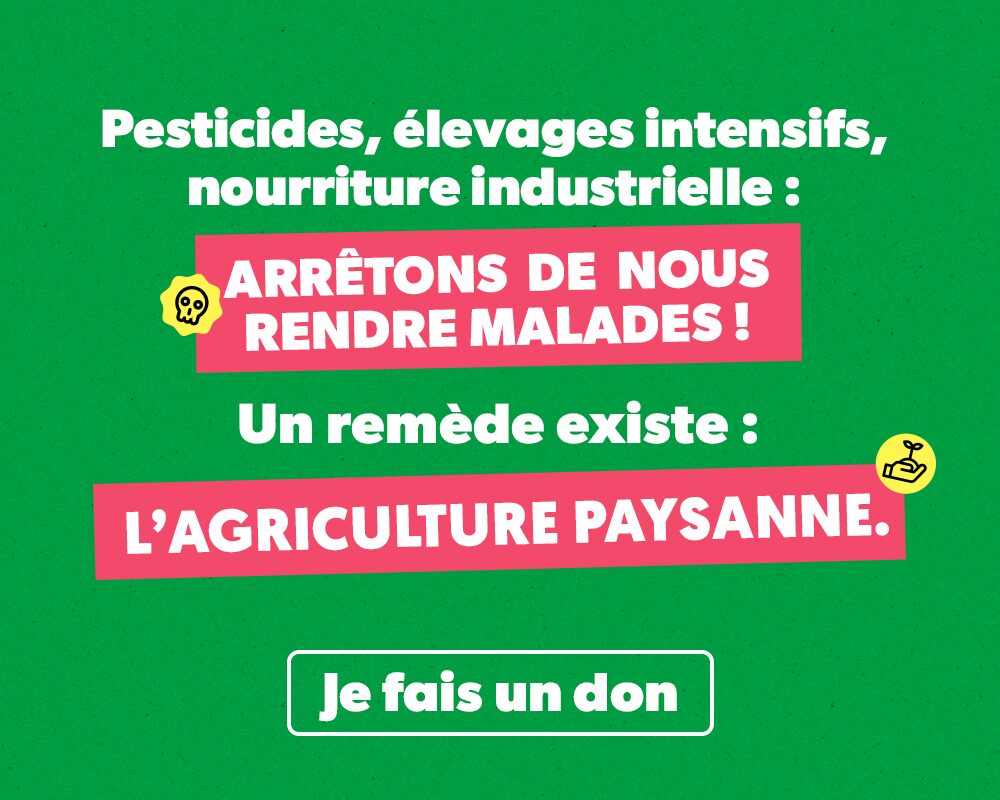Sustainable and fair supply chains
A twofold challenge
These supply chains have two objectives: to ensure fair remuneration for farmers, and to build an agricultural and agrifood system that creates jobs and promotes environmental preservation as well as human and animal health.
An unfair competition
The current economic context is weighted against smallholder communities, who face competition from subsidised farmers in the Global North and have little control over local and international markets, which are controlled by more dominant players and agribusiness.
To help overcome these imbalances, which are pushing smallholders into poverty and food insecurity, AVSF supports the development of fair and sustainable agricultural supply chains through four complementary pillars of action.
More than 700 million people suffer from hunger, 80% of whom live in rural areas.
Four pillars of action
Agroecology
AVSF helps smallholder communities transition to agroecology, which offers an important comparative advantage in that it allows smallholders to upscale by positioning their products on high-quality markets that are more lucrative.
Crop diversification in agroecological systems also means farmers are less dependent on synthetic inputs and the ups and downs of a single market, and they suffer fewer losses from climate and economic shocks. Crops for export are grown with food crops produced for on-farm consumption or for local markets, allowing farmers to diversify their sources of income.
Certification
Certification highlights the quality of smallholder products in local and international markets: organic, fair trade, participatory guarantee systems for agroecological production, etc. It signals to consumers that the product in question has met rigorous specifications, and certification is helping transform the agrifood sector by justifying higher prices to better remunerate producers.
Transitioning to agroecology also requires transforming food systems from head to toe and making greater use of short supply chains for the exchange of goods. AVSF supports or encourages the creation of agroecological and organic smallholder markets, boutiques and stands for smallholder products, etc.

Producers’ organisations
AVSF strengthens producers’ organisations and helps these key players improve their skills in production, processing and marketing. Small farmers are therefore able to pool certain services (loans, equipment, inputs, collection, etc.), reduce costs and improve production and processing quality.
In local and export markets, producers’ organisations can then free themselves from intermediaries, negotiate directly with buyers, tap into transparent high-quality markets and add value to their products.
With regard to policy, producers’ organisations work in their own locality and at national level to engage with local authorities, states and private entities to defend the interests of small farmers.
Beneficial partnerships
AVSF helps these organisations establish long-term partnerships and enter into fair and transparent contracts with processors and distributors. These actions may be carried out as part of sustainable sourcing policies, responsible procurement policies or simply the corporate-social-responsibility policy of the companies in question.
In any case, AVSF tests contract-farming relationships systematically established not with individual farmers but with producers’ organisations. AVSF works with producers’ organisations to ensure that fair business relations are maintained, by getting public authorities involved to defend their rights.
Fair trade is the most successful form of contractualisation, guaranteeing long-term trade commitments and minimum prices that largely cover producers’ costs of production. It also addresses agroecological-transition priorities and helps farmers’ organisations become stronger in their respective markets and localities, and is therefore a major area of focus for AVSF.





